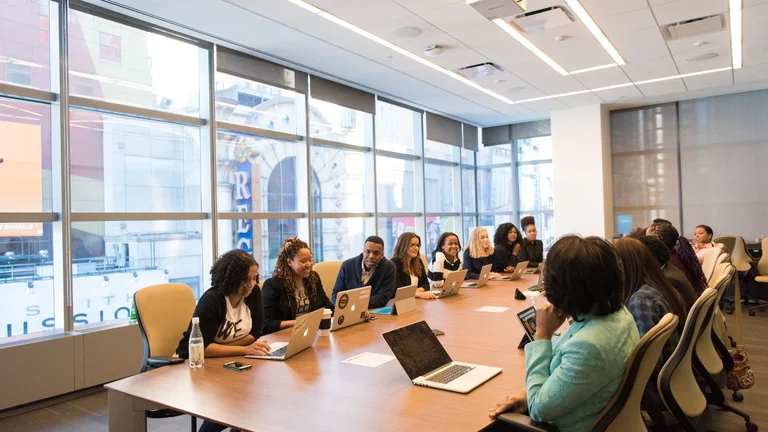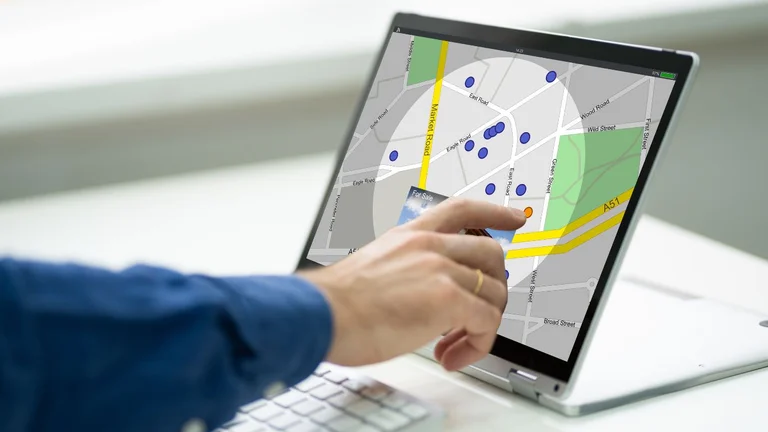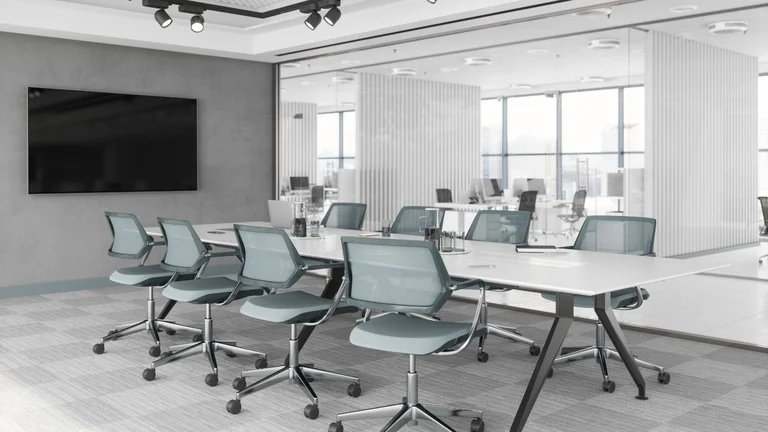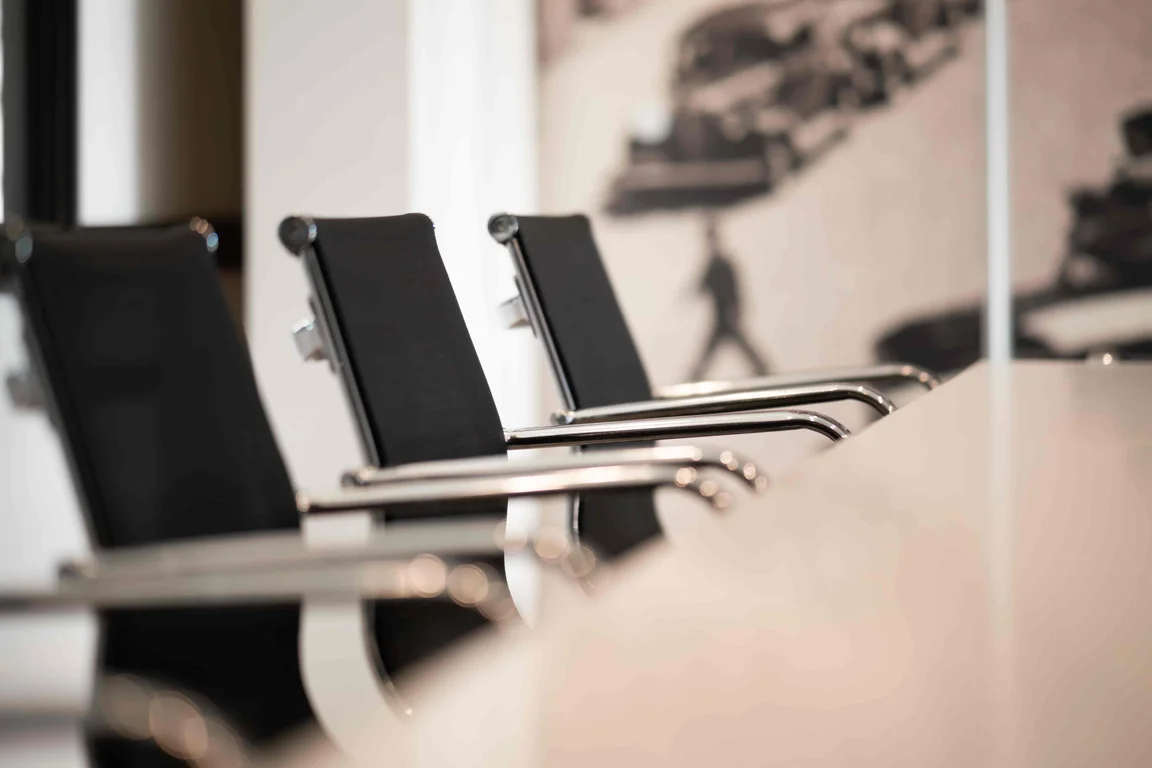How are Conference Rooms Priced?

How conference rooms are priced depends on the type of package that works best for your meeting, based on your needs and requirements in the room. There are a few different options that can be considered when you’re renting a conference room.
Fixed Hire Fee
A hire fee is a fixed price, usually paid by the day or the event duration. This fee often covers the use of the space with a number of facilities included such as wi-fi, catering etc.
Hire fee is a great pricing option as it provides flexibility with different types of conferences. What is included in this rate also says a lot about the venue you’re working with, some will charge extra for some amenities, some include lots and lots. So, check what is included, it could be a really good option for you.
Delegate Day Rate (DDR)
DDR is a per person payment option when hiring a conference room and is a common option for corporate events.
Per person packages involve paying an agreed rate for each attending guest and includes the use of the space. There is a day delegate rate and also a rate if you are having a residential (multiple day/night) meeting.
Factors that Impact Venue Hire Cost

There are numerous factors that can influence the cost of hiring a space for conferences, meetings, training sessions, etc. Most of these factors are tied to the venue itself. Here are some of the most significant impacts on venue hire prices:
Attendees
The number of attendees can often affect the hire cost of the conference room. It’s mostly dependent on how the conference room is priced. Essentially, the biggest cost for most meetings is catering, so the more people that need this hospitality the more the cost will be.
The other bigger costs are things like technology, AV and production, and staging, so again, keep this in mind when you’re organising your event.
Location

Another contributing factor to the cost of a conference room is the location. Venues in more central areas are likely to be in higher demand, but also carry increased costs for the venue.
One of the ways around this is to work with a venue group like Make Venues, who are able to better standardise their costing and work with you to get you into the best location for your meeting at the best price.
Layout and Size
Usually, seating is required when renting out a conference room.
If you’re planning on your event being a sit-down event, you’ll need to decide on the best layout for your tables and chairs to ensure everyone has enough space. Check our handy blog post on The Different Types of Seating Arrangements for some tips on this.
Different layouts take up different levels of space so, depending on the size of your group, you may need to scale up or down your room size.
Equipment and Services

Your conference may require on-site equipment and services, whether that is to display a presentation, video conferencing or the need for audio visual equipment.
Any extra services or tech equipment your conference requires will contribute to the overall price of hiring the venue. This should all be discussed with the venue company before agreeing on a hire price. Again, good venues will try and put in as much as they can under the hire price or the DDR, but double check what is and isn’t included.
If you require any advice or support in organising your conference, some venues will also offer additional conference management services to help bring your ideas to fruition.
Also, ask your venue about their hybrid meeting technology and virtual conferencing. This technology is really popular at the moment as it allows the meeting to reach delegates outside of the room. Again, look at the cost implications here as well as the benefits.
Advantages of Hiring a Conference Room
You can take full advantage of the useful technology and any extras available in the room at your disposal
Conference rooms convey a professional and modern image
Rooms are private to avoid any confidentiality issues
Hiring a conference room often comes with venue staff that will be on standby if you need any support or have any questions
By working with a professional venue you are offering your guests quality, warm and welcoming hospitality as well as a productive business experience
Things To Consider When Choosing a Conference Room

There are several things to consider before you finalise an agreement for hiring out a conference room or a venue.
Does the Venue Offer Conference Rooms?
An important thing to know is which venues actually offer purpose built and professional conference space. Doing your research before going to view a potential venue can usually answer this question and prevent any waste of your time.
The Type of Event Being Hosted
The venue you choose will also depend on the type of event you’re hosting.
If the event will be more of an informal event, then an informal business lunch setting would be appropriate. However, if the event is going to be a business meeting, then a more professional space would be better suited. It’s all down to your own judgement.
The Location of the Venue
The location and accessibility of the venue are important factors to consider.
If the venue doesn’t have a car park nearby, you’ll need to double-check that there are good transport links surrounding the venue. It’s also worth checking that the venue is accessible for anyone that may have mobility issues.
You want your venue to make life easy for your delegates, access and location are crucial in ensuring delegates turn up!
Book a Conference with Make Venues
Looking to plan your next meeting or conference? Make Venues have you covered with dedicated conference rooms and facilities in all our venues across Leamington Spa, London and Bristol.
As well as our award-winning venues, we also offer conference management services if you’re unsure which direction to take your conference in and need consultation from our team of experts.
Contact our team today on 0808 168 5876, or get in touch via our enquiry form for more information on the cost of renting a conference room.
FAQs
What does venue hire mean?
The term venue hire refers to the process of renting/leasing a specific location or space, for a designated amount of time, to host an event. For the agreed period, the individual/organisation hiring the venue will have exclusive rights to use their dedicated space for conferences, meetings, training sessions, and more.
